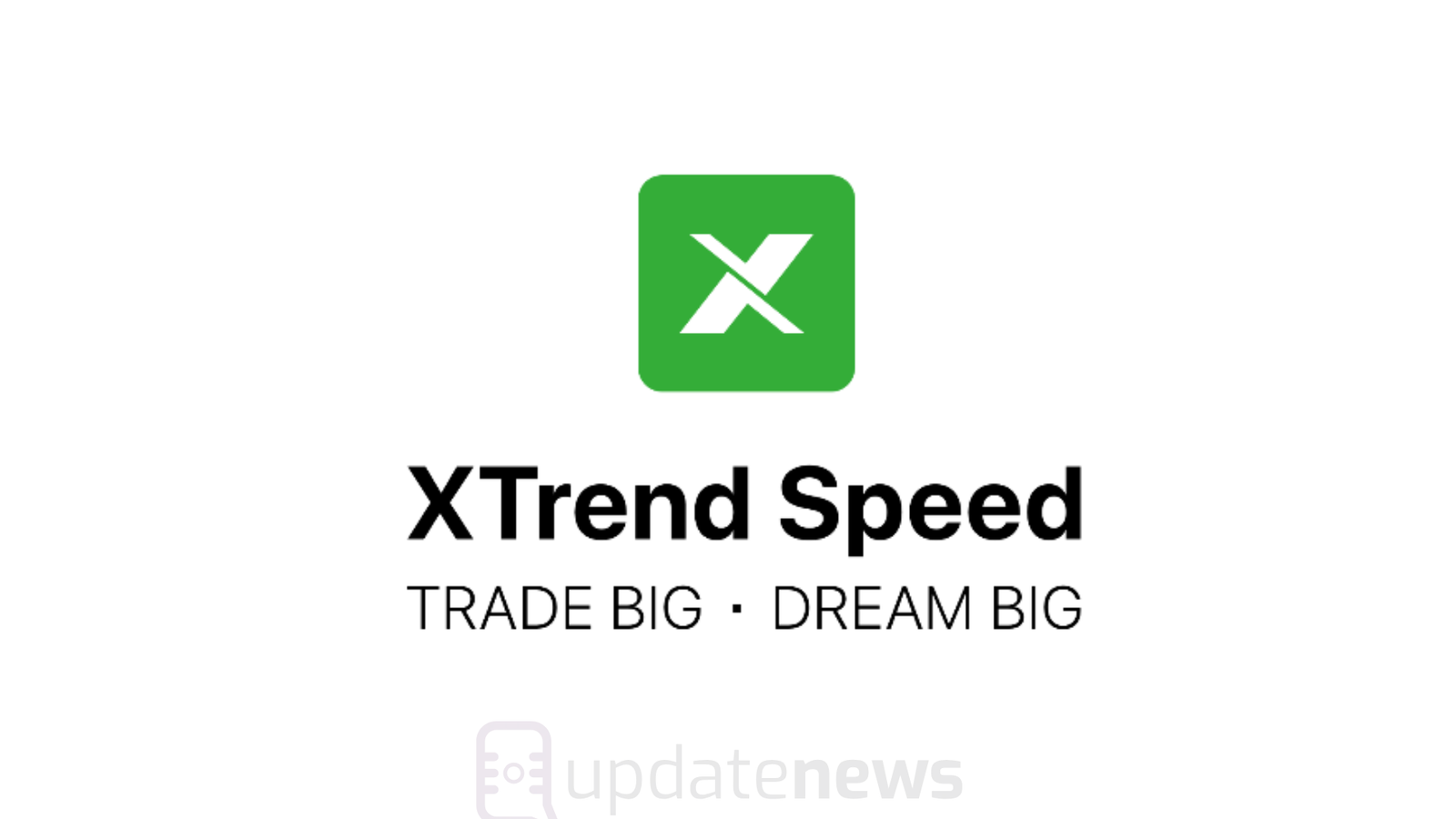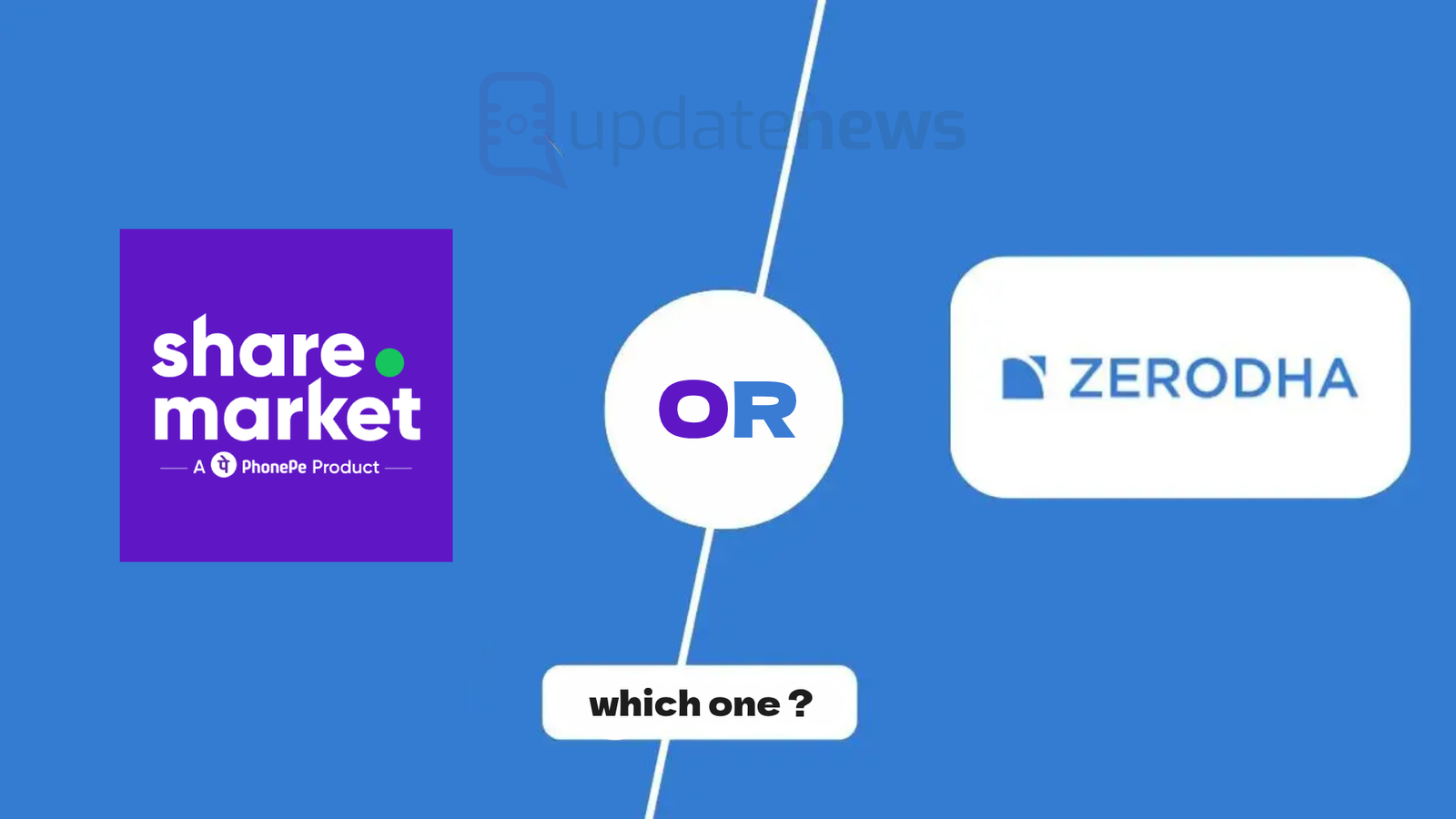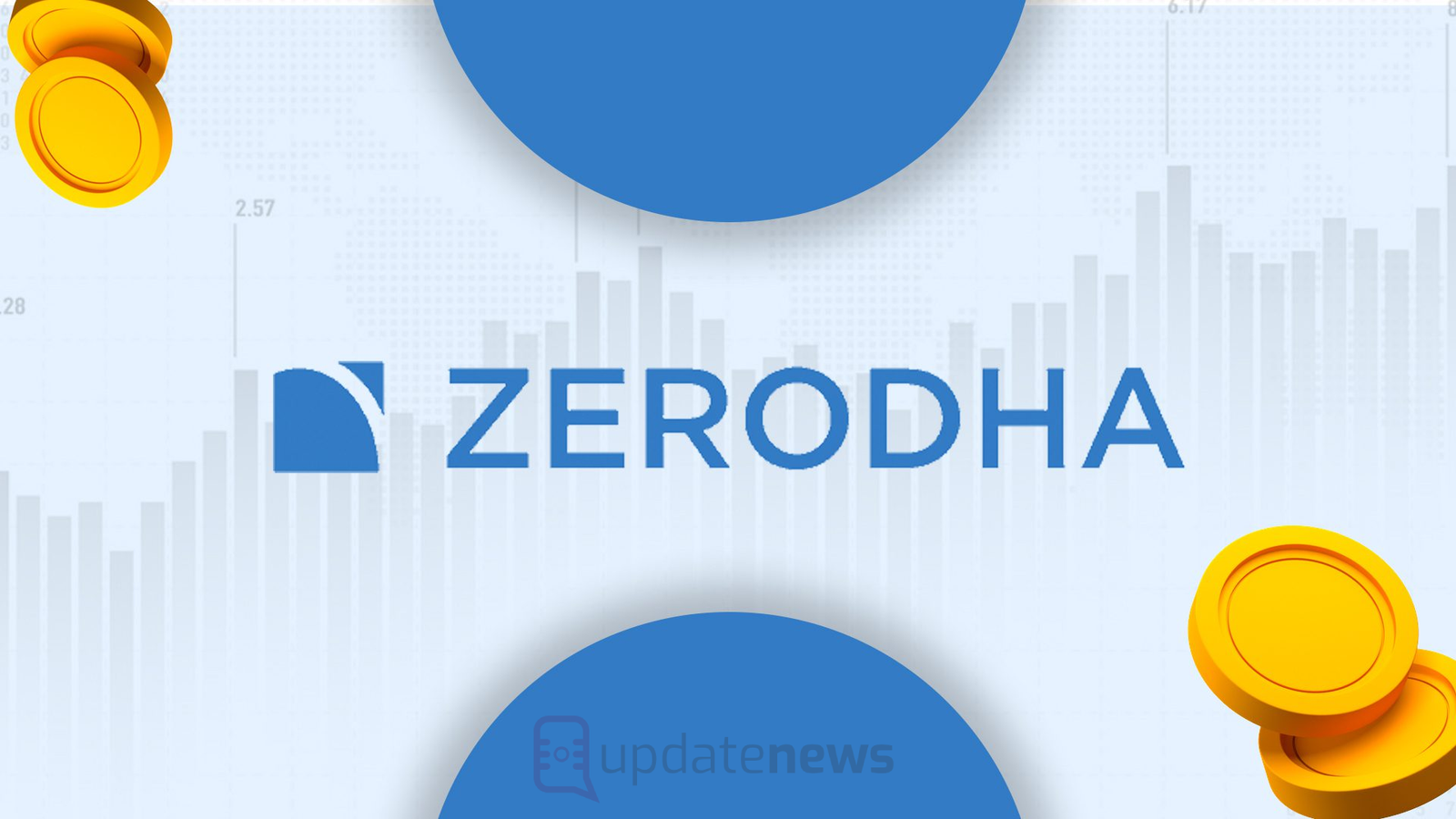
Upstox Brokerage Charges
Upstox Brokerage Charges, Upstox is a reasonable online discount broker that offers trading services in different segments including Equities, Commodities, Currency, Futures & Options, Mutual Funds, as well as IPOs. The brokerage structure is easy to understand: for Equity Delivery trading, they charge Rs 20 or 2.5% of the trade value, whichever is lower.

Upstox Brokerage Charges
Equity Intraday, Equity Futures, Currency Futures, and Commodity Futures fees are the lower of Rs 20 or 0.05%. The brokerage cost for trading options is Rs 20. Upstox prides itself on transparency, assuring that its brokerage fees contain no hidden charges.
For example
Equity Delivery-Assume you buy shares worth Rs 10,000 for delivery. Upstox will charge the lower of Rs 20 or 2.5% of the trade value. 2.5% of Rs10,000 equals Rs250. Since Rs 20 is less than Rs 250, you will be charged Rs 20.
Direct Charges
| Trading Account Opening Charges | Rs 0 |
| Trading Annual Maintenance Charges | Rs 0 |
| Demat Account Opening Charges | Rs 0 |
| Demat Account Annual Maintenance Charges AMC | Rs.150 + GST = Rs.177 |
Brokerage Charges
| Equity Delivery | Rs.20 or 2.5%
whichever is lower |
| Equity Intraday | Rs.20 per executed order or 0.05% |
Equity Futures | Rs.20 per executed order or 0.05% |
Equity Options | Rs.20 per executed order or 0.05% |
| Currency Futures | Rs.20 per executed order or 0.05%
(whichever is lower). |
Currency Options | Flat Rs.20 per executed order. |
| Commodity Futures | Rs.20 per executed order or 0.05%
(whichever is lower). |
Commodity Options | Flat Rs.20 per executed order |
Upstox provides a transparent brokerage structure, guaranteeing that traders understand their expenses clearly.
For example, if you trade in Equity Delivery, Upstox will charge Rs. 20 or 2.5% of the deal amount, whichever is lesser. Assume you buy Reliance Industries shares for Rs. 10,000. In this scenario, the brokerage cost would be 2.5% of Rs.10,000, or Rs.250. However, since Rs. 20 is less than Rs. 250, the brokerage charge would be Rs. 20 on buy side and Rs. 20 on sell side totalling Rs. 40 per executed order.
For equity intraday trading, the cost is Rs. 20 per executed order or 0.05% of the trade value, whichever is less. Assume you trade Tata Motors shares worth Rs. 50,000 every day. The brokerage cost would be 0.05% of Rs. 50,000, or Rs. 25. But since Rs. 20 is lower than Rs. 25, the brokerage charge would be Rs. 20 on buy side and Rs. 20 on sell side totalling Rs. 40 per executed order for this intraday trade.
When trading Equity Futures, the brokerage fee is Rs. 20 per executed order or 0.05% of the trade amount, whichever is lesser. Assume you enter into an Infosys futures contract for Rs. 200,000. The cost would be 0.05% of Rs. 200,000, which equals Rs. 100. Because Rs. 20 is less than Rs. 100, the fee for this futures transaction would be Rs. 20 on buy side and Rs. 20 on sell side totalling Rs. 40 per executed order.
For Equity Options, the brokerage fee is Rs. 20 per executed order. For example, if you trade HDFC Bank’s options, your brokerage charge would be Rs. 20 on buy side and Rs. 20 on sell side totalling Rs. 40 per executed order, regardless of the trade value.
The same structure applies to currency futures, with a charge of Rs. 20 per executed order or 0.05% of the trading value, whichever is less. If you trade USD/INR futures for Rs. 30,000, the brokerage cost at 0.05% is Rs. 15. As Rs. 15 is less than Rs. 20, you will be charged Rs. 15 for this transaction.
Currency Options charges a fixed Rs. 20 each executed order. As a result, trading options on the EUR/INR pair will result in a Rs. 20 tax, regardless of trade amount.
The brokerage cost for Commodity Futures is Rs. 20 per executed order, or 0.05% of the trading amount, whichever is lesser. For example, if you trade Gold Futures worth Rs. 100,000, the charge at 0.05% is Rs. 50. As Rs. 20 is less than Rs. 50, you will be charged Rs. 20 for this transaction.
likewise, for commodity options, the brokerage fee is a fixed Rs. 20 per executed order. So, if you trade Crude Oil options, the charge is Rs. 20 per order, regardless of the trade value.
Regulatory Charges
STT/CTT:
The government-imposed restrictions on both buy and sell transactions for Equity Delivery orders. This only applies to sell trades for intraday and F&O orders. This tax may occasionally be more than the brokerage fee.
Goods and Services Tax (GST):
The government levies 18% on the total of brokerage, transaction, and Demat costs.
Stamp duty:
A state-imposed levy on the trade of securities and commodities.
Since 2020, stamp duty rates have been uniforming throughout all Indian states.
Transaction charges
Transaction charges are levied by exchanges (NSE, BSE, and MCX) on transaction values. Different types of equities are subject to specific rates.
SEBI charges
Rs.10/crore for market regulation.
Open an account with Upstox– Click here
Other Charges
| Auto Square-off | Rs.50 + 18% GST |
| Call & Trade | Rs.50 + 18% GST |
| Demat + Courier charges | Rs 2.00 per certificate and courier charges of Rs 35 per demat request |
| Remat | Rs 25 per certificate or 0.05% of the value whichever is higher. |
| DP charges | Rs.18.5 + GST per scrip |
Conclusion
Upstox provides a simple and uncomplicated brokerage structure with reasonable charges for a variety of trading categories, including equities, currencies, commodities, futures and options, mutual funds, and IPOs. Their brokerage charges are either Rs 20 or a percentage of the trade value, which ensures cost effectiveness.
There are no hidden fees, and account opening is free; however, Demat accounts are subject to an annual maintenance charge. Regulatory fees such as STT/CTT, GST, and stamp duty are also well specified. Extra services like as auto square-off, call & trade, and DP charges are conveniently priced, making Upstox a feasible choice for traders.






